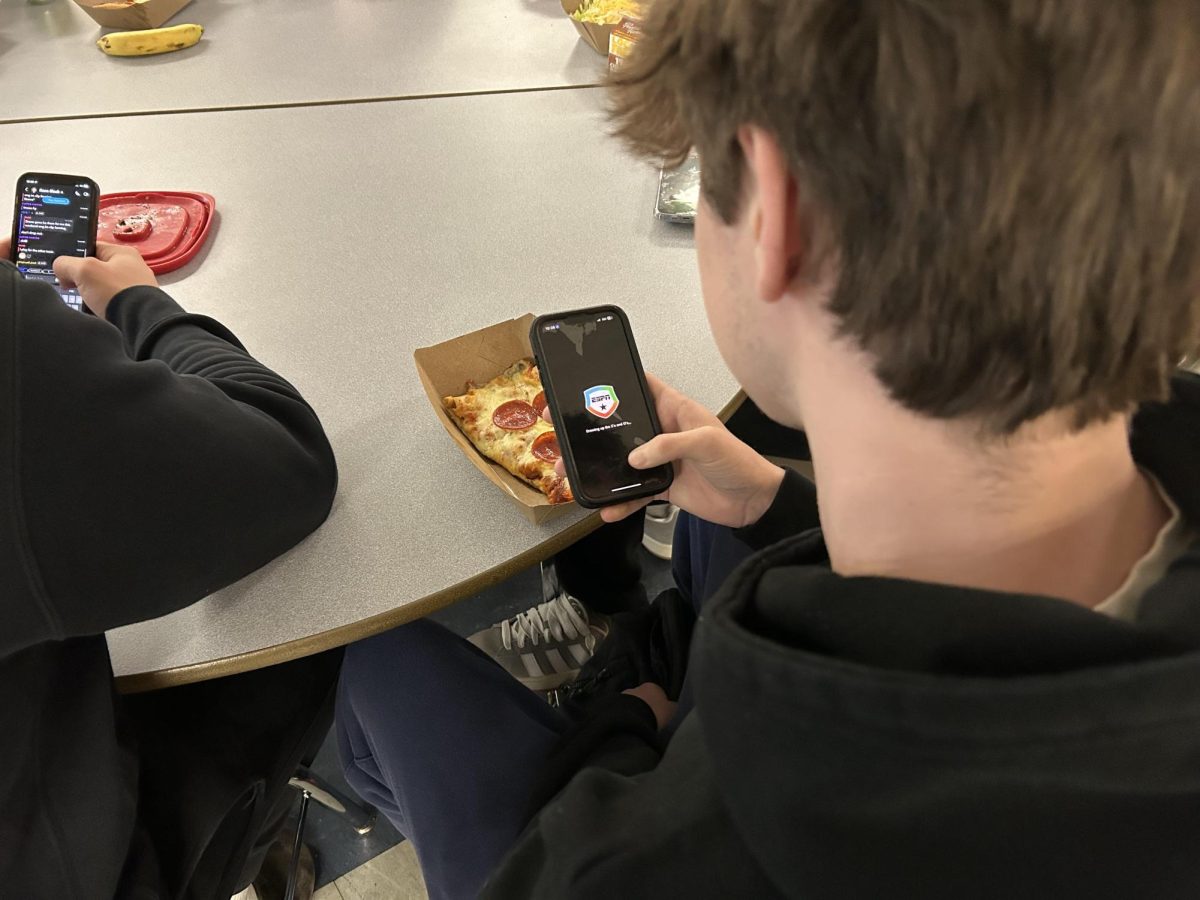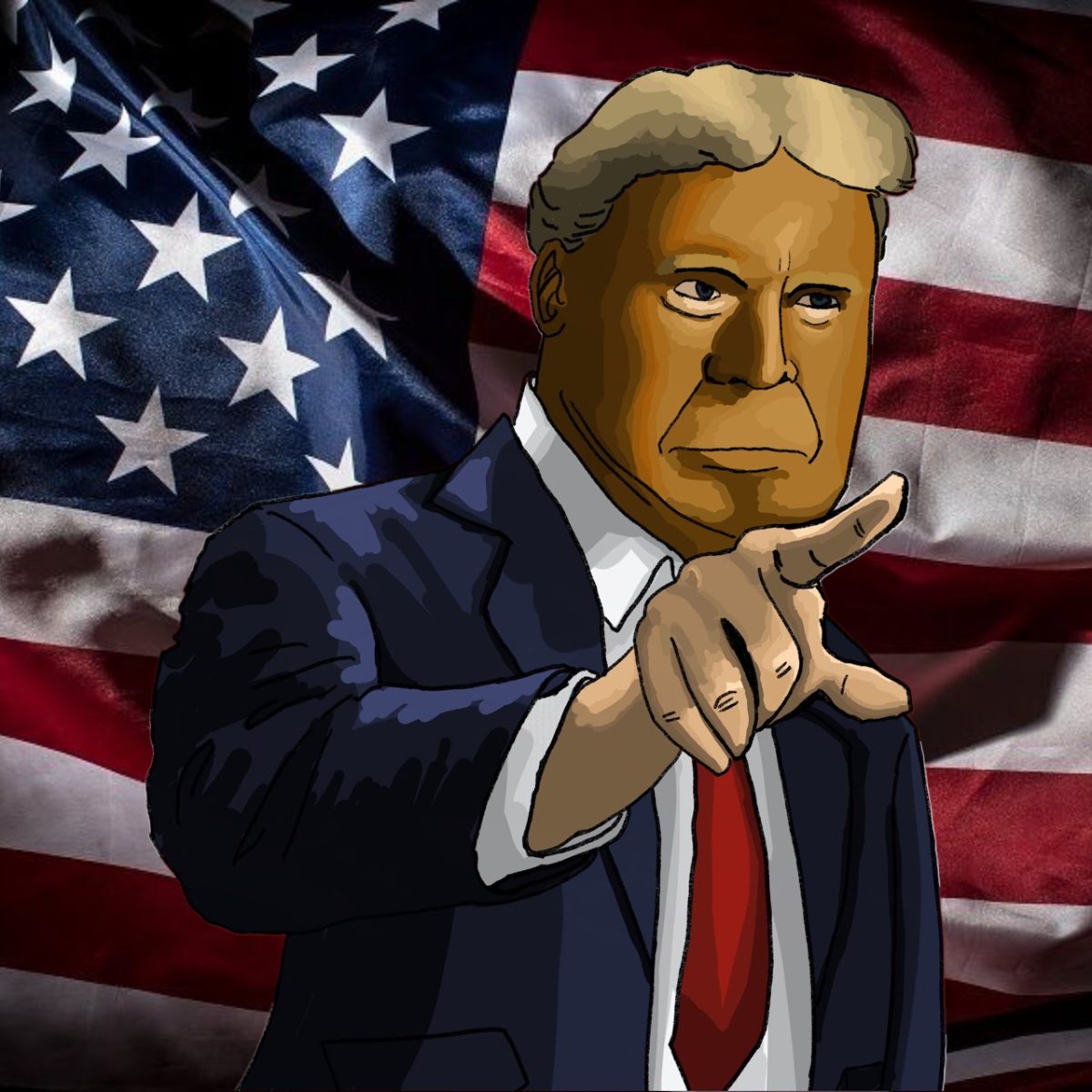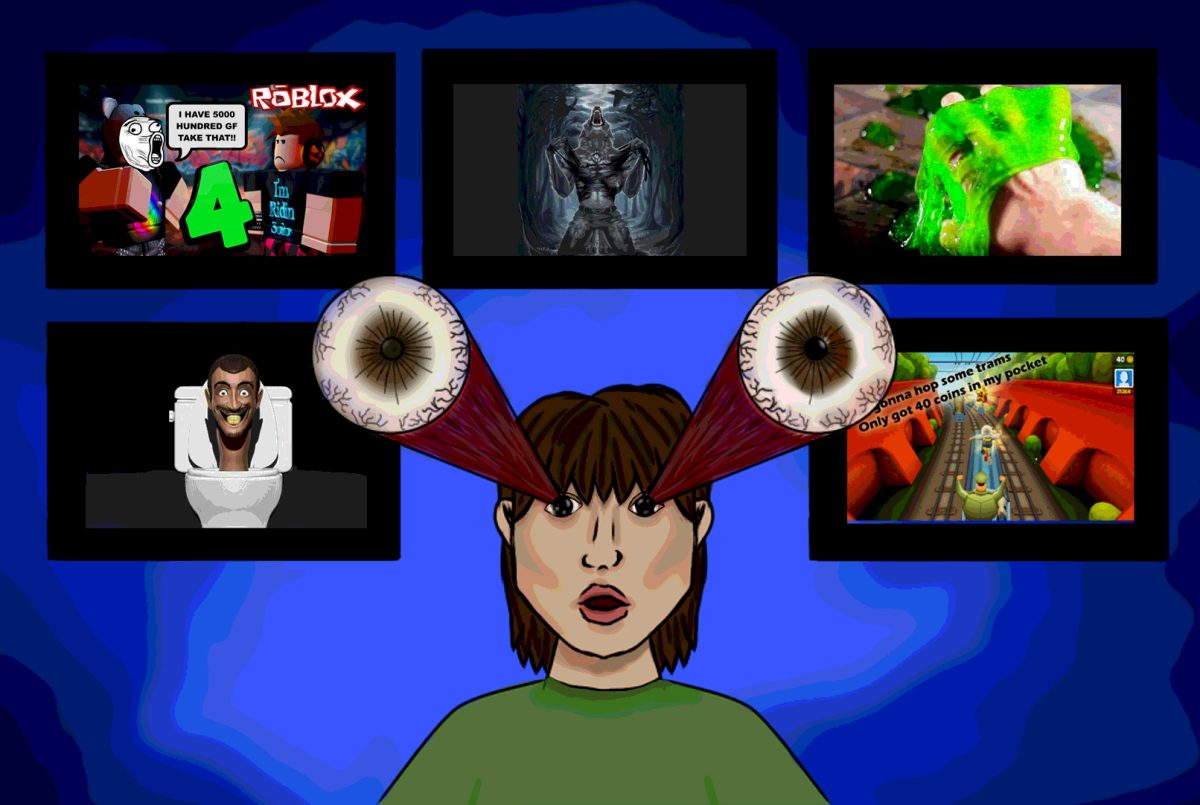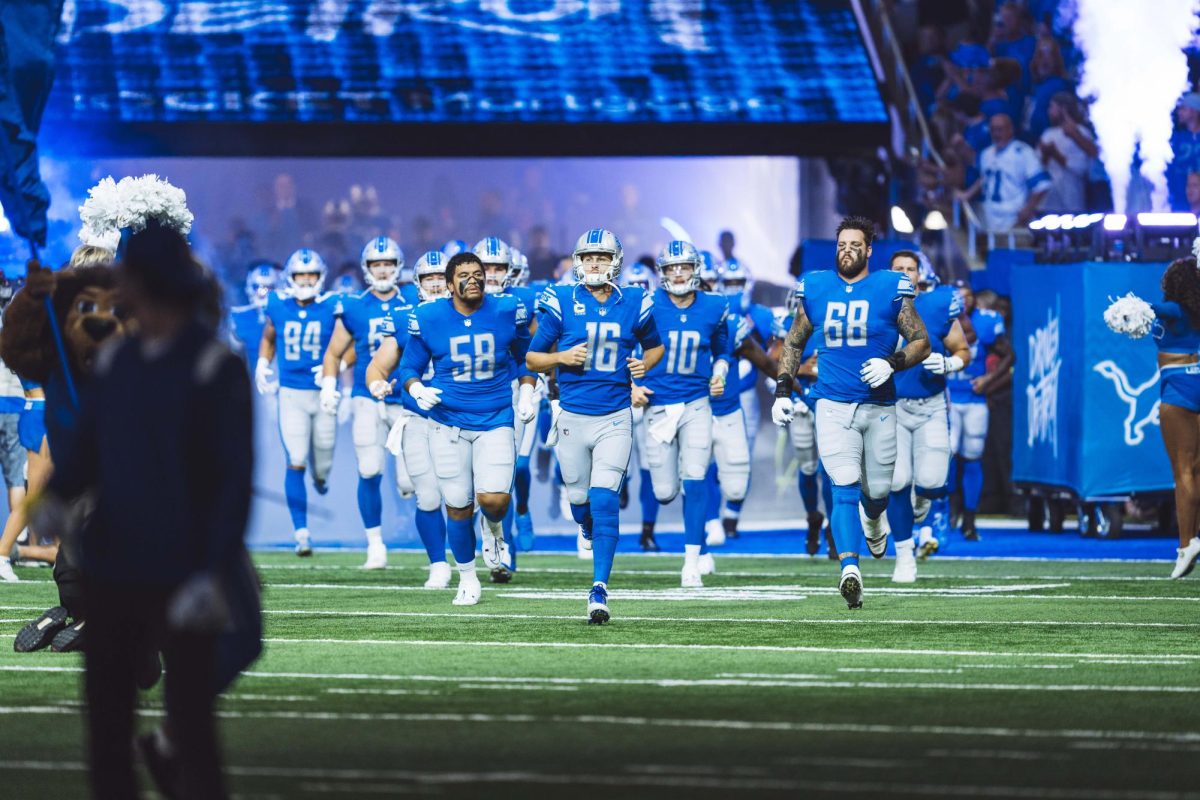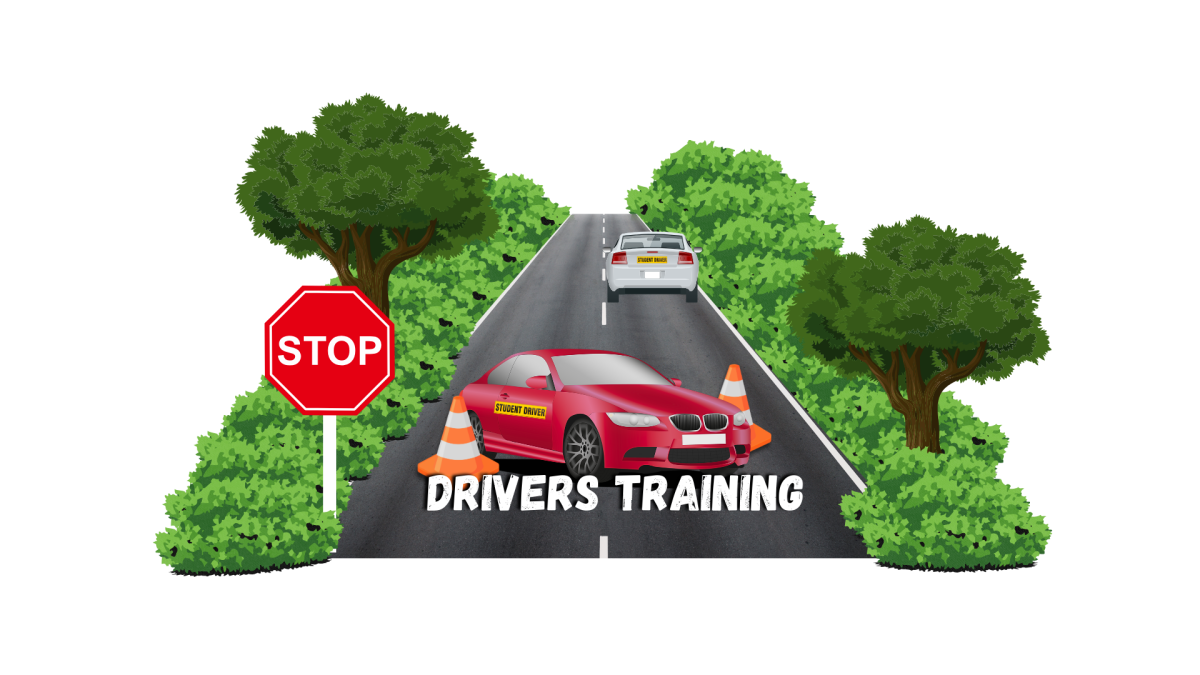By Aria Darden

Gun Control has been an everlasting debate in America since the Columbine High School massacre in 1999. The perpetrators were two white male high school seniors. In the time since, there have been several other mass shootings where the shooter, usually a white teenage male, had legal access to guns, in part due to the strong advocacy of the National Rifle Association (NRA). Conversely, there have been multiple shootings within African American communities where it’s black on black violence. Those shootings have led to local bans on guns. The NRA has supported or remained neutral on increased gun control in every other instance, except when it involves African-Americans. There is a clear racial discrepancy in the way gun control is enforced in the United States, which is why I firmly believe everyone should be a Black Lives Matter advocate.
In any argument there are always extreme versions of the two sides. On the issue of gun control, one extreme is represented by people calling to “take everyone’s guns away,” the other by those who say, “It’s my constitutional right to own as many guns as I please!” Those perspectives are okay in American culture when it comes to people who look or are caucasian, but the question remains: ‘What about black people?’
One may say that we should take away everyone’s guns. Sure we could do that, but realistically it’d take a long time. According to the Congressional Research Service (CRS), “There are roughly twice as many guns per capita in the United States as there were in 1968: more than 300 million guns in all.” We can’t confiscate 300 million guns overnight.
Alternatively, some believe the government could do a ‘buyback’ to prevent mass shootings. A buyback is when the government buys back firearms in order to get them off the streets. I hate to say it, but buybacks won’t and can’t prevent as many mass shootings as you think.
An article from BaltimoreSun reads, “Too often these buyback initiatives result in a pile of old guns from people’s basement. Revolvers, pistols, and rifles […] they [the government] most likely end up getting broken guns people just don’t want anymore.” This means that gun owners just return unusable guns that are worth little to no monetary value. Meanwhile, guns that are capable of inflicting damage remain in private possession.
Then there’s the other side of the argument that says it’s people’s constitutional right to own as many guns as they choose, which is guaranteed through the Second Amendment. Ultimately this is a correct statement, however, what people may not realize is that part of the Second Amendment which allows private ownership was only recently put into effect. According to Politico, “Many are startled to learn that the U.S. Supreme Court didn’t rule that the Second Amendment guarantees an individual’s right to own a gun until 2008, when District of Columbia v. Heller struck down the capital’s law effectively banning handguns in the home.”
The original amendment was written in 1791 and it stated “A well regulated Militia, being necessary to the security of a free State, the right of the people to keep and bear Arms, shall not be infringed.”
At the time, guns were only used in the military during the Revolutionary War, and functioned using gunpowder, every state had their own part time conscripted army and all of the records found prove that James Monroe, John Adams, George Washington and Thomas Jefferson, the Founding Fathers, believed this right should be exercised but only in a military context. For 200 years, the Supreme Court refused to rule that the Second Amendment had anything to do with an individual’s gun rights.
All of this research leads me to my opinion that the NRA is neutral or willing to acknowledge gun control… until it comes to the black community. An example of this comes from the 1960’s when a group of black Activists from California that went by the name “The Black Panthers” paroled the streets with guns to resist police violence. The state lawmakers didn’t like this so they passed “The Mulford Act” that banned open carry, which Ronald Reagan, California state governor at the time, signed into law.
In the mid-2000s, the Bureau of Alcohol, Tobacco, and Firearms began sting operations which lasted years to try and combat gun crime. Research shows that 91% of people arrested during sting operations were people of color. For a number of years, New York City had an official policy that allowed police to perform routine “stop-and-frisks” on black and brown people (African-Americans, Hispanics, people of mixed races).
There are numerous other examples of the disproportionate enforcement of gun control laws against people of racial and ethnic minorities, especially the African American community.
In 2004, members of Congress passed the “Stand your Ground” law that allowed people to use a firearm in the safety of their home or car if they were being threatened. In 2012, a black women by the name of Marissa Alexander defended her actions with the “Stand your Ground” law after she fired a warning shot to protect herself and her nine day old child from her abusive husband. She was sentenced to 20 years in prison and was released January 27, 2017.
As a black woman, I feel hurt to see my white friends and certain family members exercise their right to bear arms while completely disregarding the way that right has unfairly affected me and the black community. The sheer truth that I could go out one day and not come home because a police officer thought he saw an weapon when it was a phone is unacceptable. I shouldn’t have to live in fear of police officers accusing me of doing something just so they can fire a shot. I shouldn’t have to live in fear of a country that wants to strip me of my rights even though this is called the “Land of the Free.”
If America is considered a mixing pot, then putting a lid on half of the pot so they get under-cooked while the other half is free to taste however it wants will ultimately result in a ruined meal.
Categories:
Everyone Should Be A Black Lives Matter Advocate
April 19, 2019
0
Tags:
More to Discover



